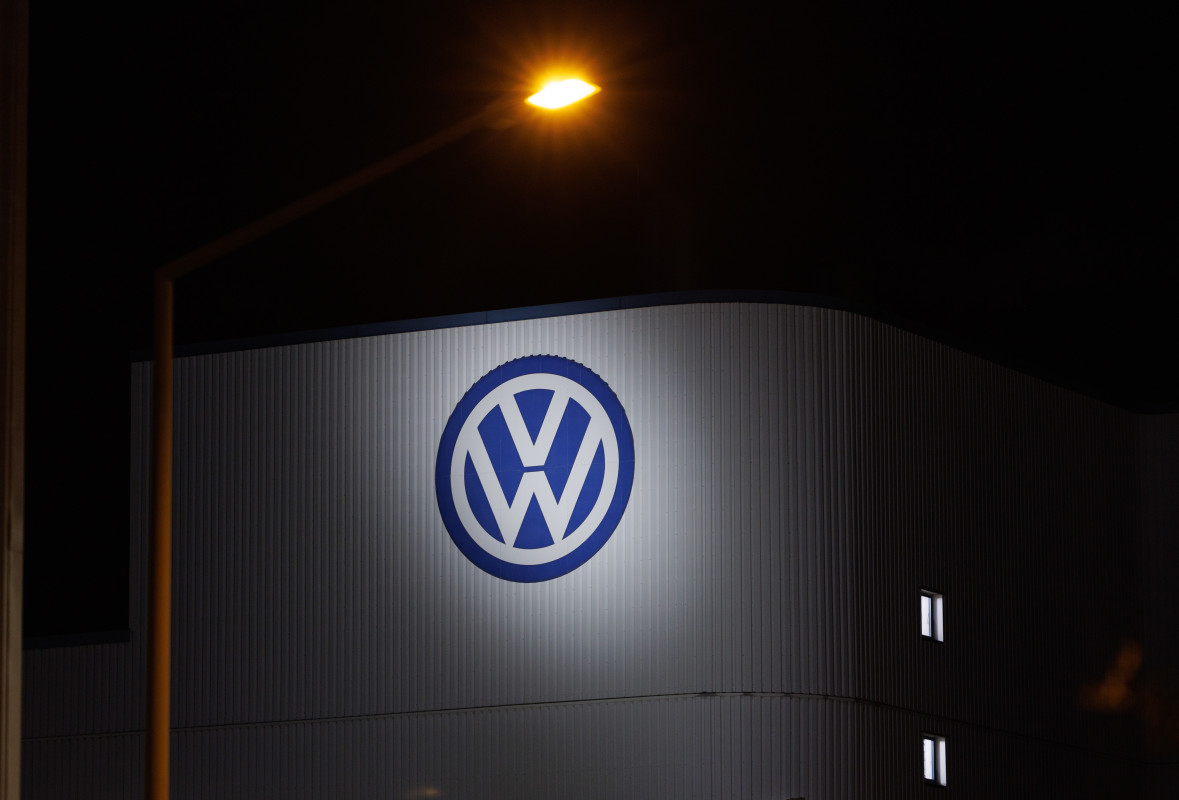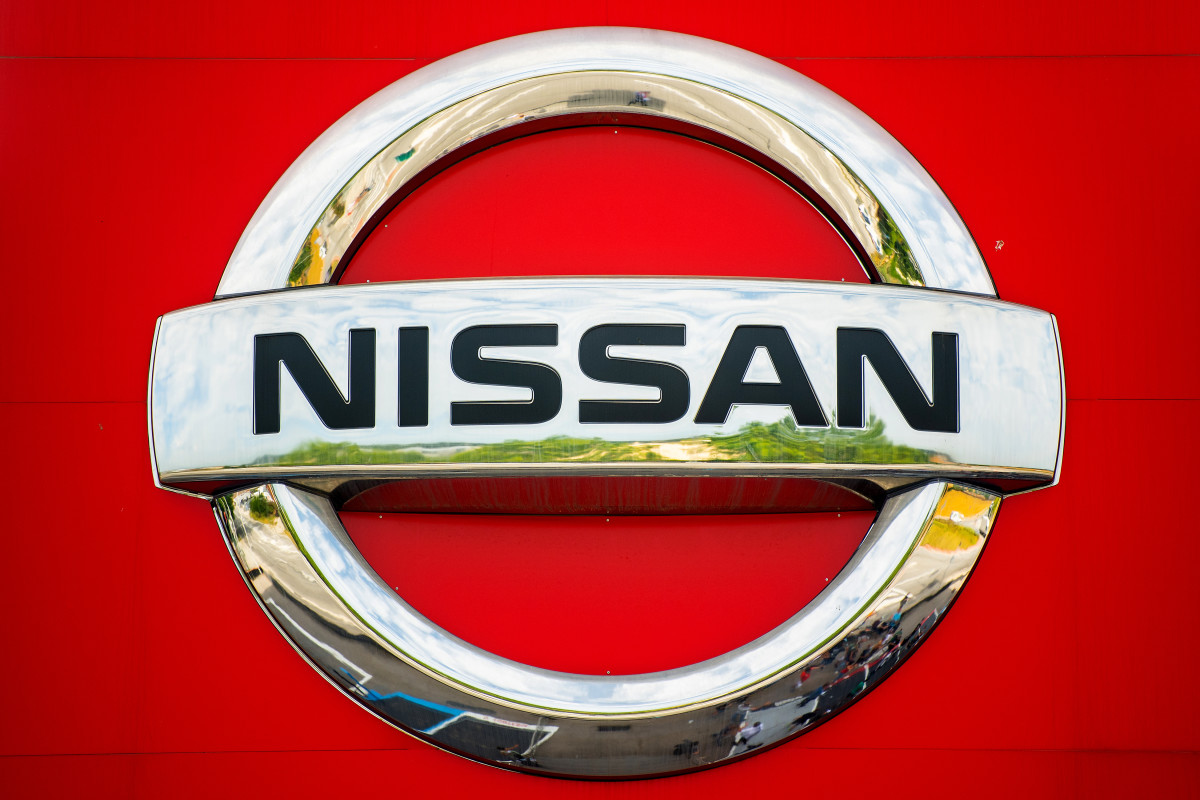Volkswagen's Strategic Deal to Secure German Operations
In a significant move to safeguard its German manufacturing base, Volkswagen AG has struck a crucial agreement with its labor union. This deal, reached after three months of intense negotiations, ensures the continued operation of its ten German plants while implementing substantial cost-cutting measures. The agreement, which averts the looming threat of plant closures and worker strikes, provides job security until 2030 but requires concessions from the union, including workforce reductions and the forfeiting of some bonuses.
Cost-Cutting Measures and Workforce Adjustments
Volkswagen's agreement aims to save €4 billion annually by trimming technical production capacity by 750,000 units and reducing staff by over 35,000 employees within five years. While these measures are less severe than initially proposed, they represent a significant shift in the company's operational strategy. The deal marks a pivotal moment for CEO Oliver Blume, who now has the opportunity to address challenges such as declining market share in China and sluggish electric vehicle (EV) demand in Europe and the U.S.
Reorganizing Production for Efficiency
A key component of the agreement is the reorganization of production lines. Volkswagen's flagship factory in Wolfsburg will lose the Golf hatchback to a plant in Mexico but will gain the production of the upcoming electric Golf. This model, built on a new platform developed with Rivian Automotive, is expected to debut in 2029. Meanwhile, the Zwickau EV plant will see a reduced role as production of the ID.3 hatchback and ID.4 SUV moves to Wolfsburg and Emden. Zwickau will focus on manufacturing Audi’s Q4 e-tron and its forthcoming facelifted models.
Labor Concessions and Long-Term Stability
In exchange for keeping German factories operational, Volkswagen workers agreed to forgo certain financial benefits. The company also managed to negotiate a significant reduction in labor costs. Volkswagen Chief Financial Officer Arno Antlitz expressed cautious optimism, stating that the agreement provided "much-needed cost relief." However, he emphasized the need for continued efforts to improve efficiency at German plants, especially as the company navigates the costly transition to EV production.
Navigating a Challenging Market
Volkswagen's agreement comes at a challenging time for the European automotive industry. Rising energy costs, inflation, and a decline in consumer spending have led to a 2% drop in car registrations, with significant declines in France and Italy. Additionally, European buyers remain hesitant to embrace high-priced EVs from Volkswagen and Audi, further dampening market growth. Despite these headwinds, German officials view the Volkswagen deal as a beacon of hope for the country's stagnant economy.
The Road Ahead
Volkswagen's challenges mirror those faced by other automakers grappling with Europe's shifting automotive landscape. The pressure to adapt is mounting as automakers contend with rising challenges from China and brace for tighter European Union emissions standards. For Volkswagen, the stakes are especially high as it strives to maintain its standing as Europe's largest carmaker while navigating complex market dynamics.
While the deal offers a temporary reprieve, much work remains for Volkswagen to regain investor confidence and adapt to the evolving industry landscape. For now, the company has bought itself time—but whether it can leverage this opportunity remains to be seen.






%20(256%20%C3%97%20256px).png)
.svg)
